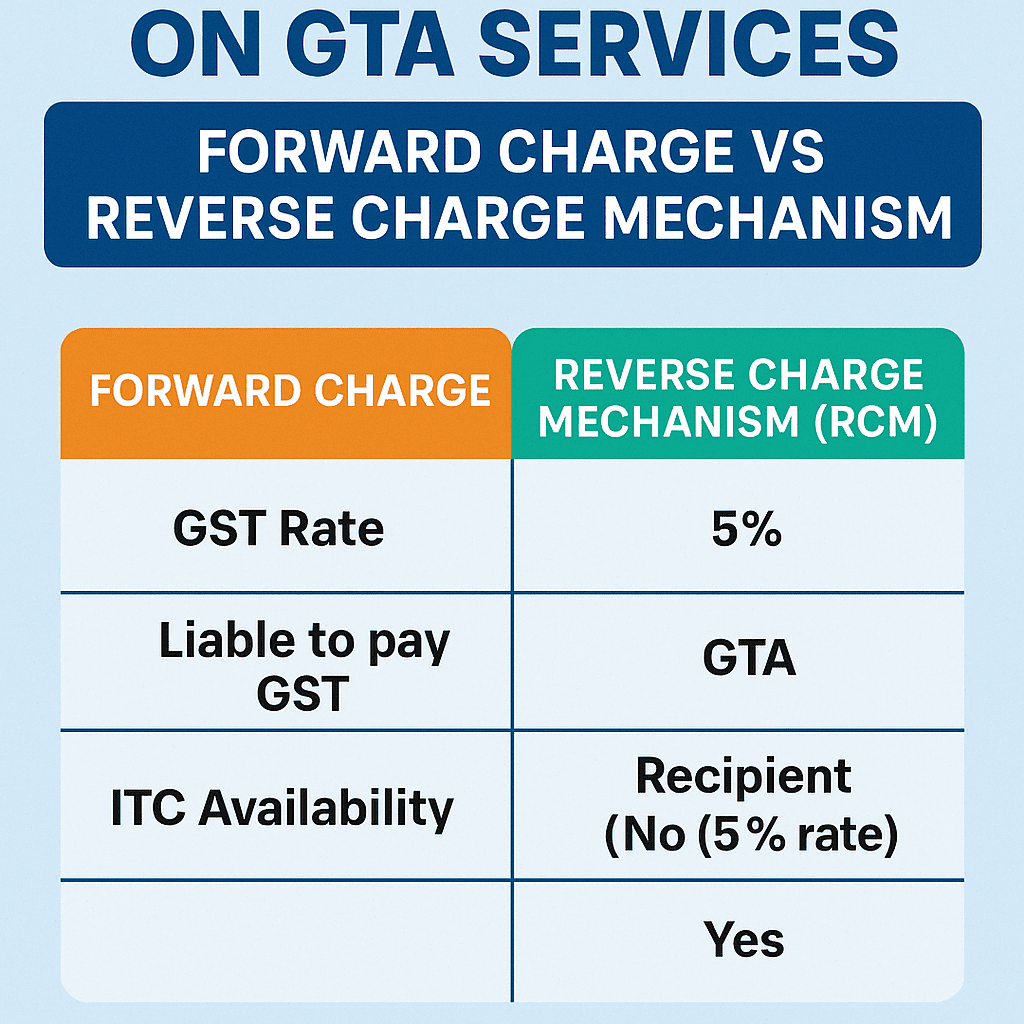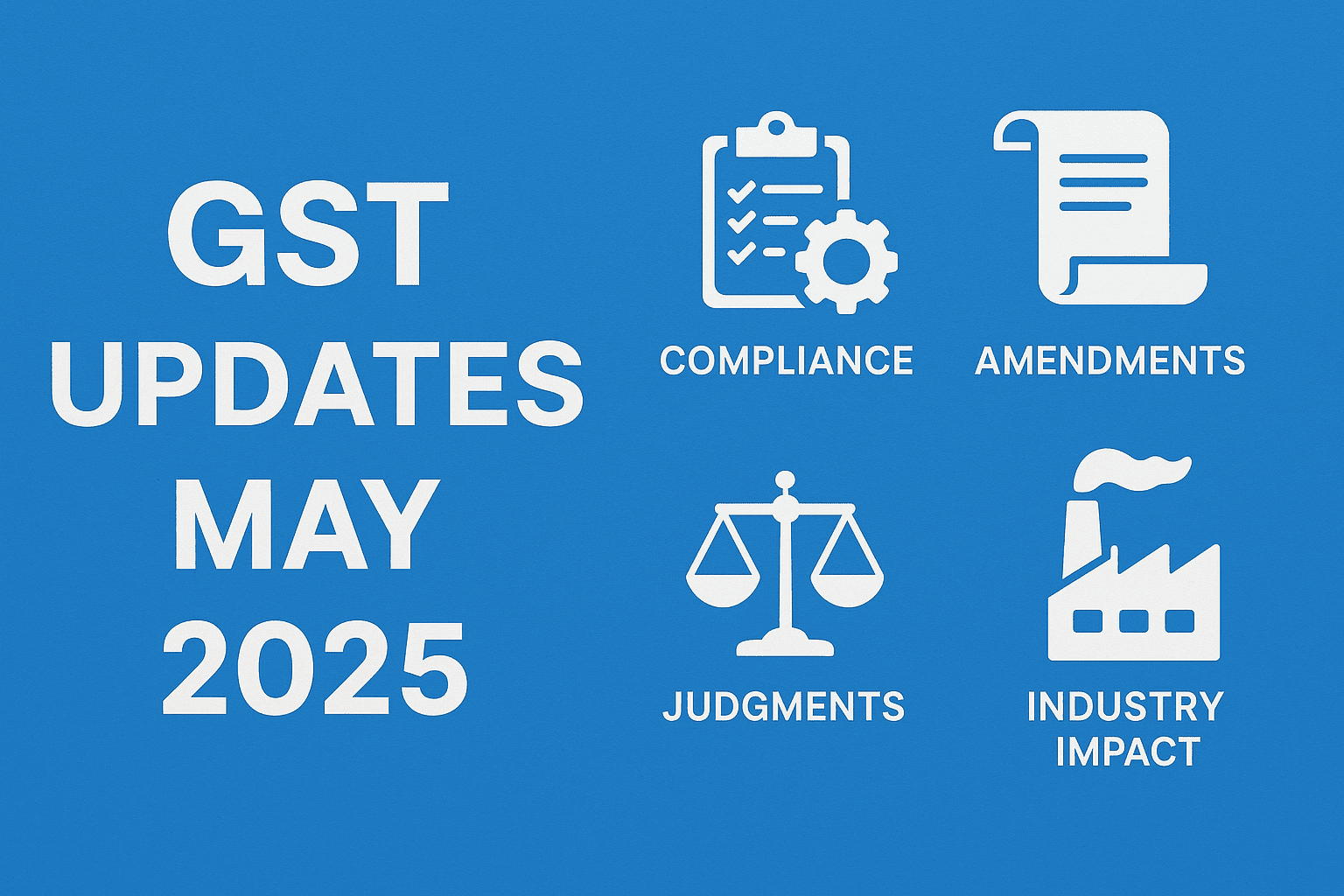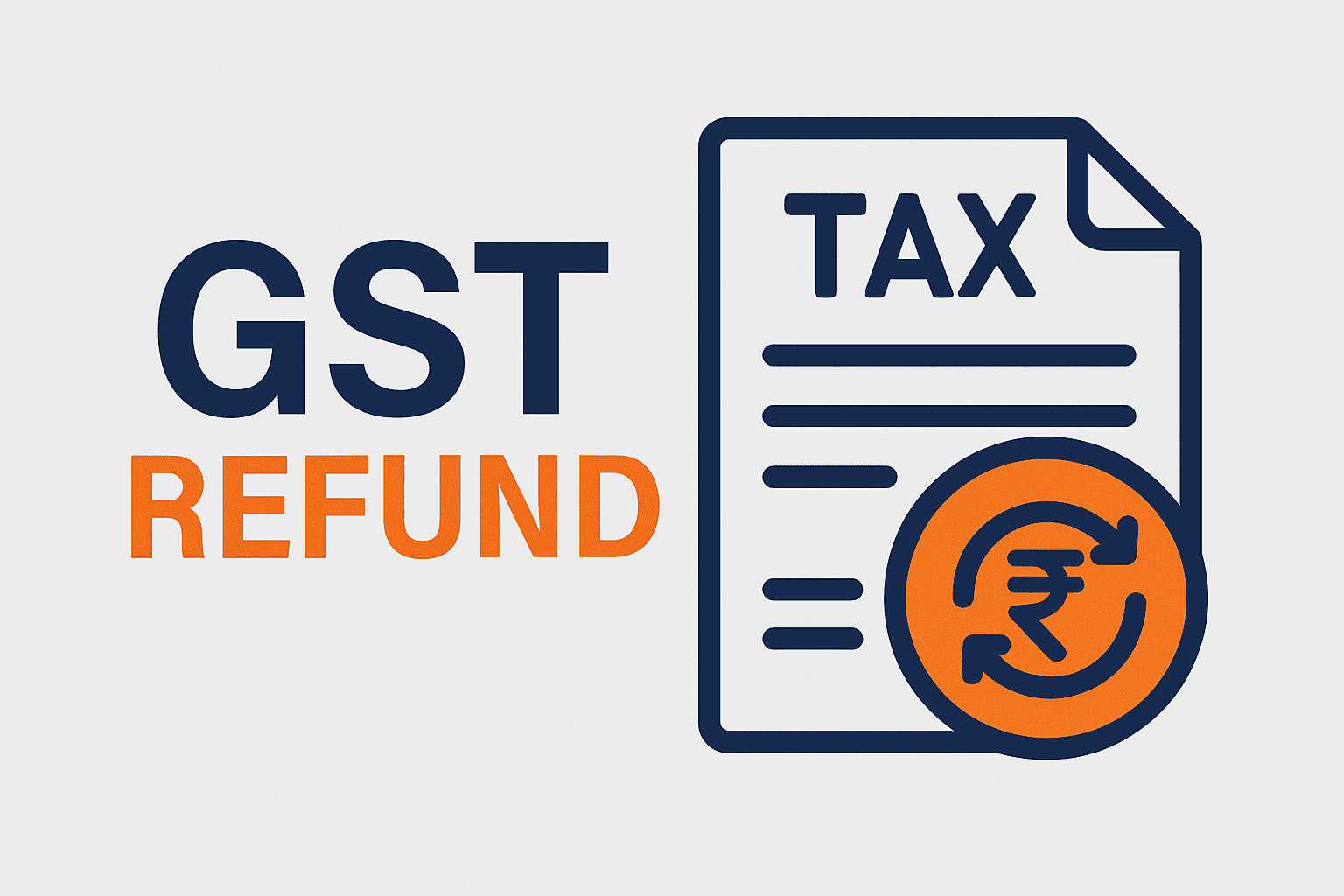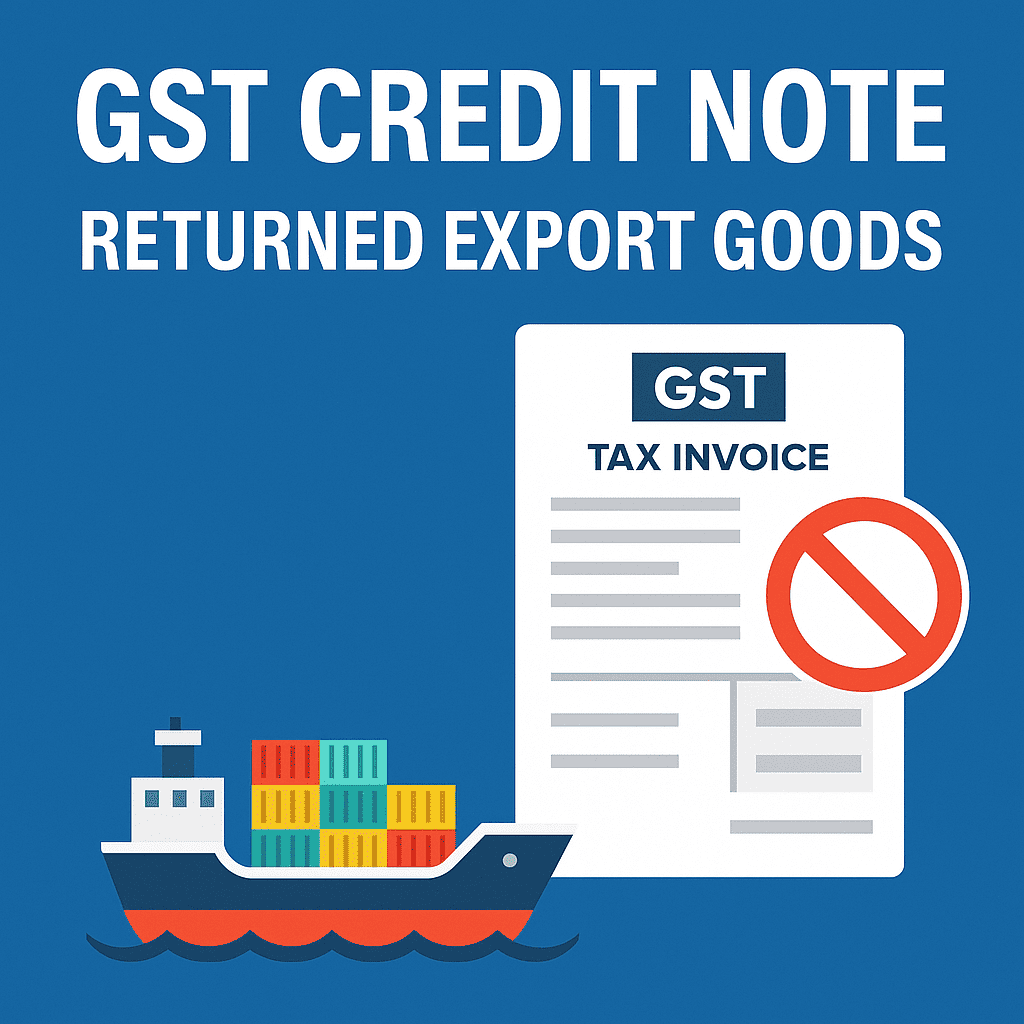🔹 Definition of GTA
As per Notification No. 11/2017 – Central Tax (Rate) dated 28.06.2017:
"GTA means any person who provides service in relation to transport of goods by road and issues a consignment note."
The issuance of a consignment note is a mandatory condition for the service provider to be treated as a GTA under GST.
🔹 GST Applicability on GTA Services
A. Under Reverse Charge Mechanism (RCM) – Default Scenario
- Applicable GST Rate: 5% (without ITC)
- Tax Payable By: Recipient of Service (Under Section 9(3) of CGST Act)
✅ RCM is Applicable When the Recipient Belongs to the Following Categories:
| Eligible Recipients (as per Notification No. 13/2017 – CT (Rate)) |
|---|
| 1. Factory (as per Factories Act, 1948) |
| 2. Society (as per Societies Registration Act) |
| 3. Co-operative society |
| 4. Body corporate registered under any law |
| 5. Partnership firm (registered or not) including LLP |
| 6. Casual taxable person |
📝 ITC Eligibility under RCM:
- GST paid under RCM is eligible for Input Tax Credit only if the goods/services are used for furtherance of business.
- The tax must be paid in cash, and ITC can be claimed in the same month of payment (if all conditions are met).
B. Under Forward Charge Mechanism (FCM) – Optional Scenario
A GTA may opt to pay GST under Forward Charge by charging GST in the invoice.
📌 Conditions for Forward Charge:
- The GTA must file a declaration that they opt to pay tax under forward charge at the beginning of the financial year (before 15th March of the preceding FY).
- GST rate options:
- 5% (with no ITC on input services used in GTA)
- 12% (with full ITC eligibility)
📝 ITC Eligibility under Forward Charge:
- If GTA charges 12% GST, the recipient can claim ITC subject to normal ITC conditions.
- If GTA charges 5% GST, GTA cannot claim ITC, and recipient cannot claim ITC either.
🔹 Summary Table: GTA Services – GST Liability & ITC Availability
| Charge Mechanism | GST Rate | Who Pays GST | Can GTA avail ITC? | Can Recipient avail ITC? |
|---|---|---|---|---|
| RCM | 5% | Recipient | ❌ No | ✅ Yes (if used in business) |
| FCM (Option 1) | 5% | GTA | ❌ No | ❌ No |
| FCM (Option 2) | 12% | GTA | ✅ Yes | ✅ Yes (if eligible) |
🔹 Required Compliance
✅ If under RCM:
| Requirement | Details |
|---|---|
| GSTR-3B | Report GST under RCM in Table 3.1(d) |
| Self-Invoice | Required to be issued by recipient |
| Payment Voucher | Issued at time of payment to GTA |
| Books of Accounts | Maintain RCM liability ledger |
✅ If under FCM (by GTA):
| Requirement | Details |
|---|---|
| Invoice | GTA must issue tax invoice with applicable GST |
| GSTR-1 | GTA reports outward supply in Table 4 |
| GSTR-3B | Report tax in Table 3.1(a) |
🔹 Required Forms and Declarations
| Form/Declaration | Purpose |
|---|---|
| Declaration by GTA opting for FCM | To be filed annually before 15th March for next FY |
| Self-Invoice (under RCM) | To be issued by the recipient in case GTA doesn’t charge GST |
| Payment Voucher | To be maintained for RCM payments |
🔹 Practical Example
XYZ Ltd. (a registered company) hires ABC Transport (a GTA that hasn’t opted for FCM). Since XYZ is a body corporate, and ABC issued a consignment note:
- XYZ is liable to pay 5% GST under RCM.
- XYZ can claim ITC of the same, if the freight relates to business activity.
🔚 Conclusion
GST on GTA services offers flexibility under both forward and reverse charge mechanisms. However, compliance hinges on correct classification, declarations, invoicing, and ITC documentation. Businesses must maintain records of freight invoices, consignment notes, and declarations to ensure proper credit flow and GST compliance.



 praveen Sompalli
praveen Sompalli

